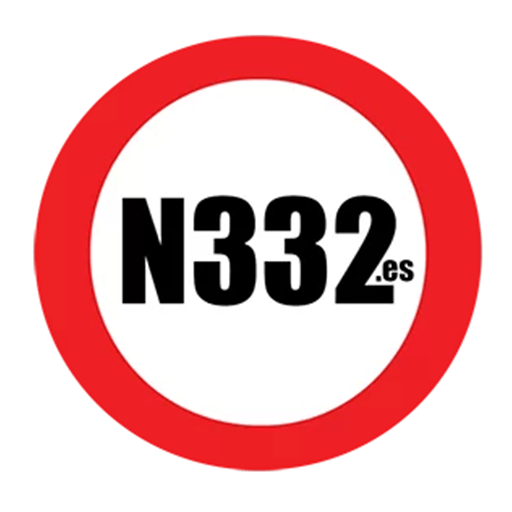A fundamental aspect of driving legally and safely in Spain, as a resident or a visitor, is carrying the correct documentation. Failure to do so can lead to significant fines and, in some cases, even constitute a criminal offence.
Contents
Your Driving Licence: Original or Notarised Copy Only
First and foremost, it is mandatory to carry your driving licence with you whenever you are driving. This cannot be stressed enough. For those holding a Spanish driving licence, the Mi DGT app on your mobile phone is a valid digital alternative to the physical card. However, for everyone else, the only other legally accepted option is a notarised copy of your original licence. A photocopy, a photograph on your phone (unless via the Mi DGT app), or any other reproduction will not suffice and could lead to penalties. Always ensure you have the original licence or a properly notarised copy readily available. Apps from other countries are also not recognised in Spain.
Vehicle Documentation
In addition to your personal driving licence, your vehicle must also be accompanied by specific documents:
Permiso de Circulación (Vehicle Registration Document): Often referred to as the vehicle’s “logbook” in English, this document is essential. It contains crucial information such as the vehicle’s registration number and its main characteristics. It proves the vehicle is legally registered for road use. Foreign vehicles must also carry the equivalent from the country of registration.
Tarjeta de Inspección Técnica (ITV Card): This is the vehicle’s technical inspection card. It details the vehicle’s technical specifications and outlines its mandatory inspection schedule. While some very modern vehicles are moving towards a digital version, meaning the physical card will eventually be phased out, if your vehicle was issued with one, it must be carried. Foreign vehicles must also carry the equivalent from the country of registration.
Latest ITV Inspection Report: You must also carry the report issued by the test centre from your vehicle’s most recent ITV inspection, unless your vehicle is not yet old enough to have undergone its first test. This report provides details of the inspection, including any faults detected, confirming the vehicle’s roadworthiness at the time of the last check.
Insurance and Other Useful Documents
For Spanish-registered vehicles, it is not mandatory to carry your insurance documents in the car, as authorities can usually verify this electronically. However, it is highly advisable to carry proof of your insurance, including policy details. This will be invaluable for exchanging information with another driver in the unfortunate event of an incident. If you are visiting Spain as a tourist, however, you are required to carry your physical insurance documents as you may need to produce them at a traffic stop or after an accident.
Finally, it’s always a good idea to carry a European Accident Report Form. You can obtain this from your insurance company. These forms are designed to be uniform across many languages, making it significantly easier to complete the necessary details with another party, even if you don’t share a common language.
Ensuring you have all these documents readily accessible will not only keep you on the right side of the law but also save you a lot of hassle should you encounter a traffic stop or be involved in an incident.
Discover more from N332.es - Driving In Spain
Subscribe to get the latest posts sent to your email.
